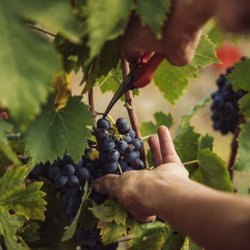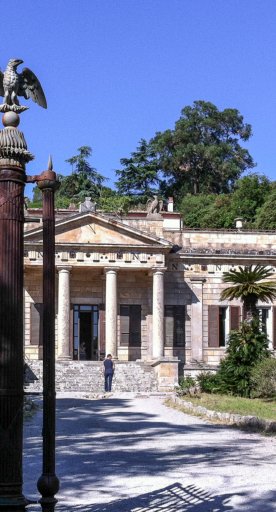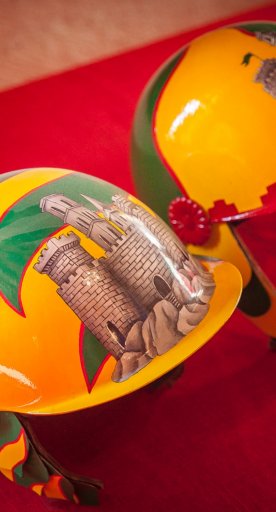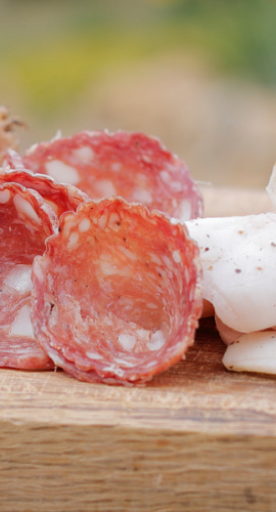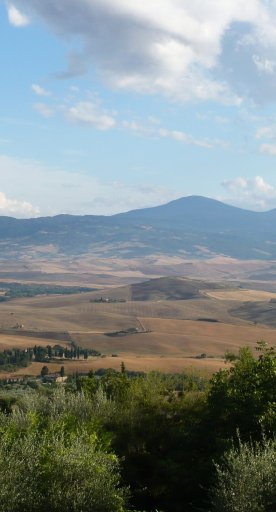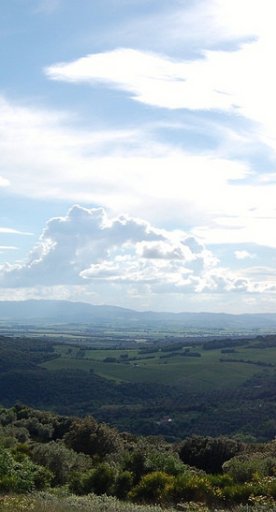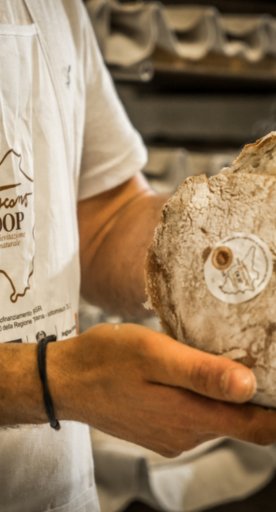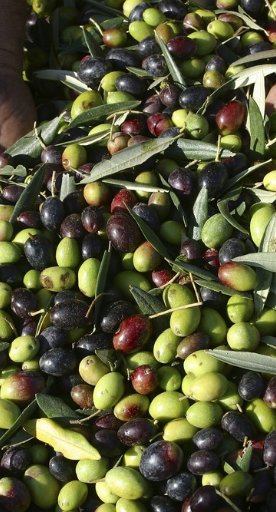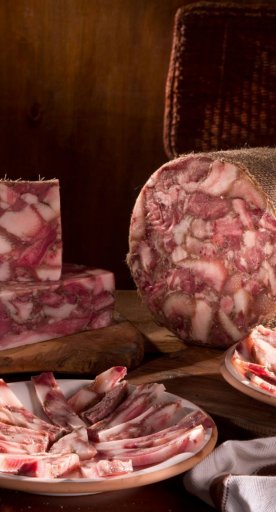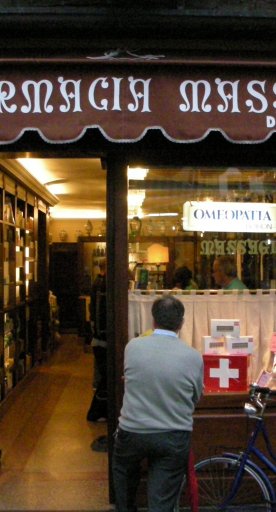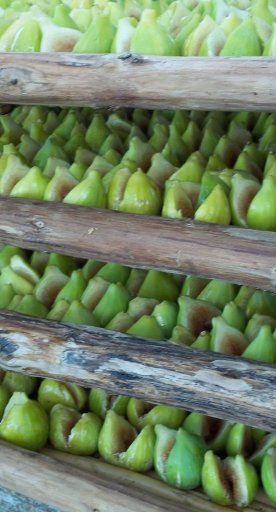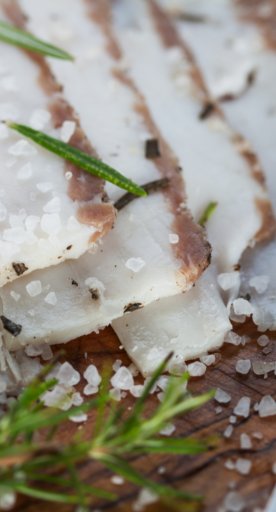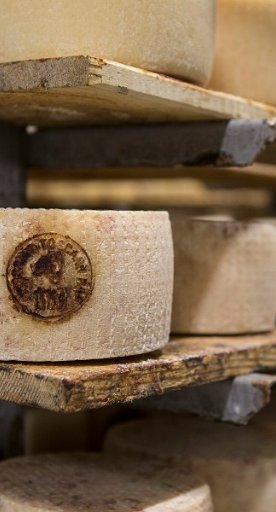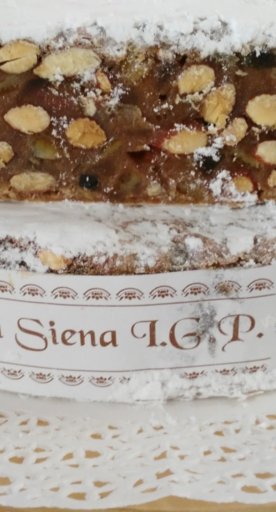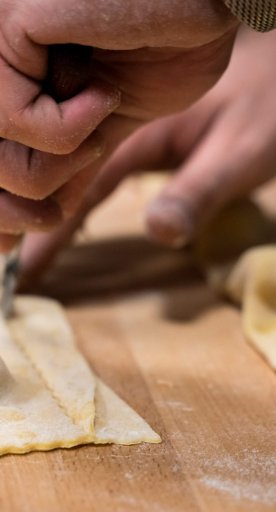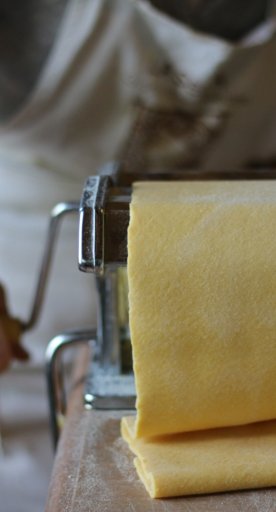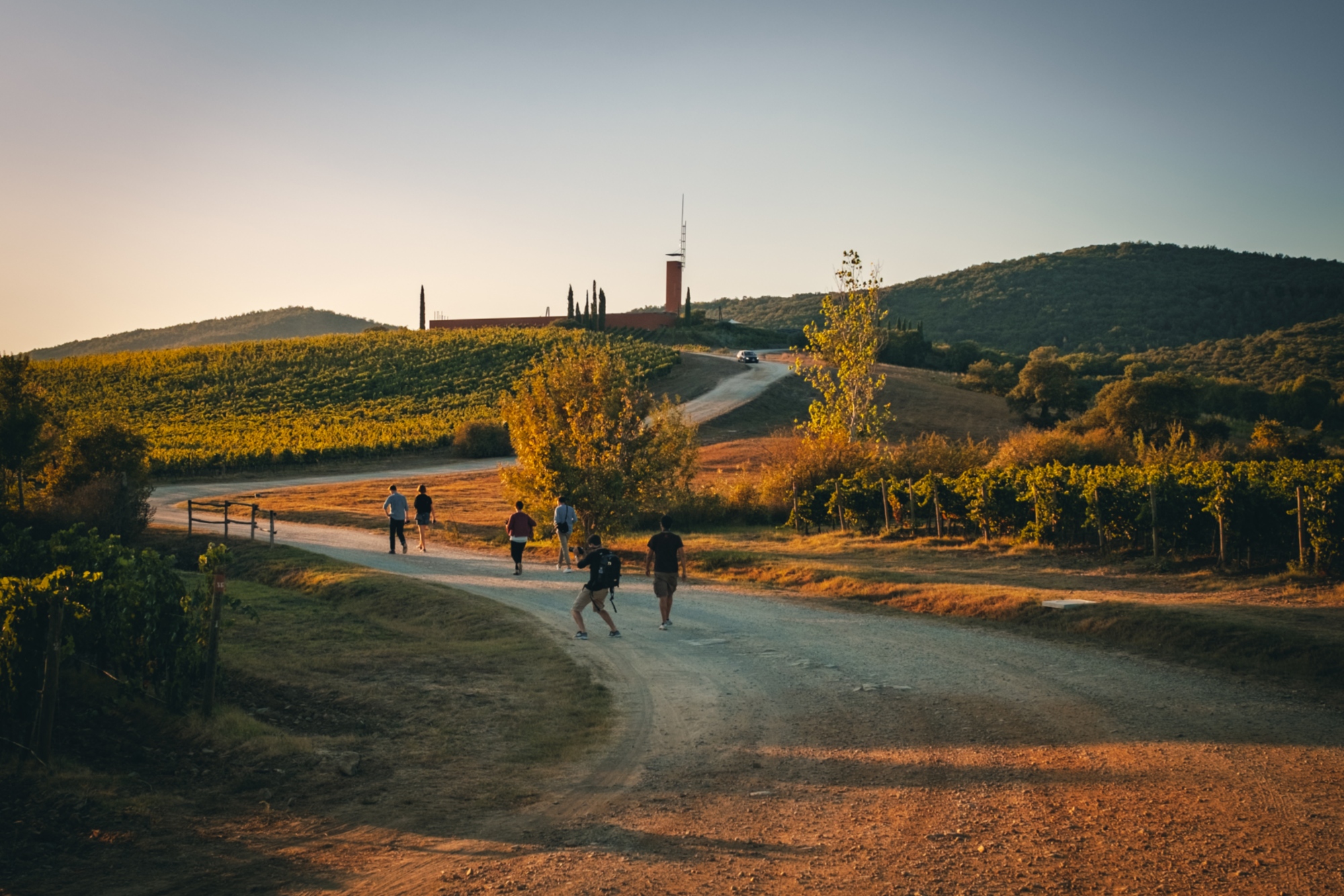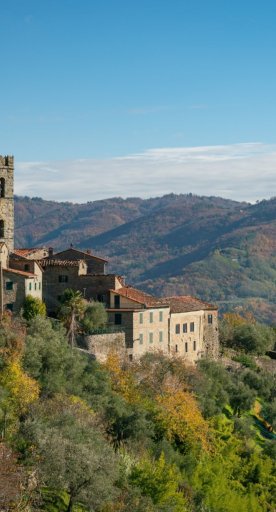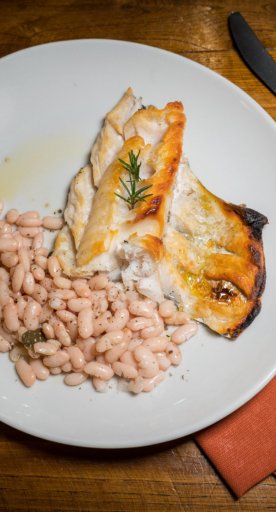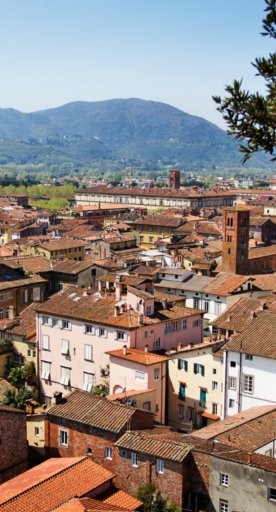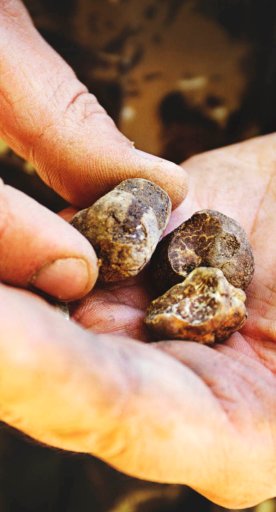Food and wine of Elba Island
From Aleatico wine to honey, the best products of the main island of the Tuscan Arcipelago
Elba is an island with stunning beaches and beautiful inland areas, but it's also a territory steeped in history and ancestral flavours.
The local Aleatico DOCG red wine, for example, has been made on the island for centuries. Moreover Elba’s cuisine is the result of the migration and influences of different people that arrived here from other lands to share the same hard works: in mines, vineyards and at the sea.
If you're planning to visit Elba, here are some specialties that you must taste.
-
1.Aleatico red wine
-
2.Fish and seafood
-
3.Chestnuts
-
4.Mushrooms
-
5.Schiaccia Briaca
-
6.Honey
Aleatico red wine
This Elba's wine has been known since antiquity as "Liviatico" or "Liatico". This grape varietal of probable greek origins arrives in Elba thanks to the Romans. Centuries later, during the Renaissance, Aleatico wine became popular thanks to Lorenzo de' Medici.
Other fine wines of the Elba island are Elba Rosato, Moscato, and white Elba sparkling wine.
Fish and seafood

The Elba's diet is largely based on fish and seafood dishes that are flavoured with local spices. The most famous dishes are Palamita, Stockfish with potatoes, Sburrita, Octopus.
Chestnuts
Chestnut trees have been grown on the island’s verdant mountain slopes since the late fourteenth century and chestnuts– either fresh, dried or ground down to chestnut flour– have been a fundamental part of the local diet for centuries.
Mushrooms
You can’t mention Elba wine and chestnuts without also mentioning mushrooms. Among the most interesting species found there are the “porcino” and the “ovulo”.
Schiaccia Briaca

It is a kind of sweet flat bread topped with pine nuts, raisins and dried fruit, which has an Oriental flavour. Since the nineteenth century, Aleatico red wine has also been added to the bread (hence the name "drunken schiaccia"). A little of the liqueur Alkermes may also be added to deepen the red colour of this bread.
Honey
On the island honey is produced in many different flavours and varieties. Chestnut honey, eucalyptus honey, rosemary honey—the different varieties are limitless and each one has a special Mediterranean island aroma.

